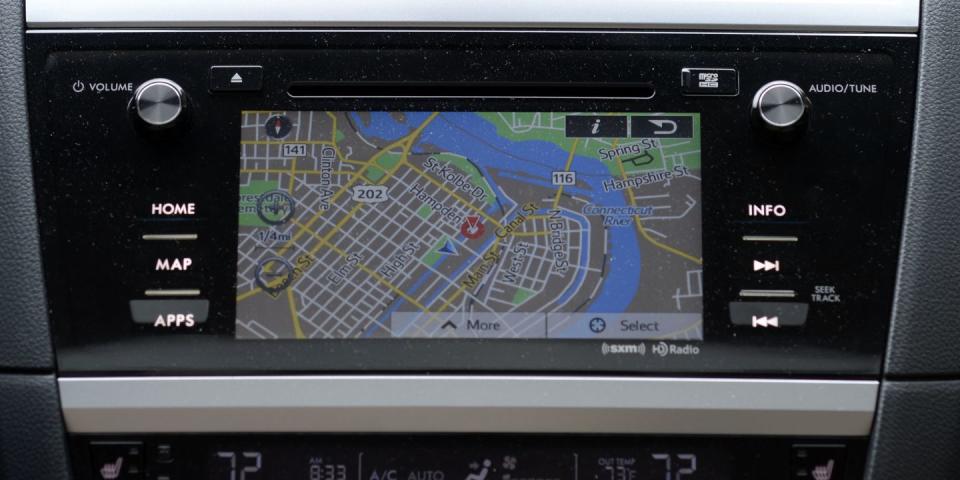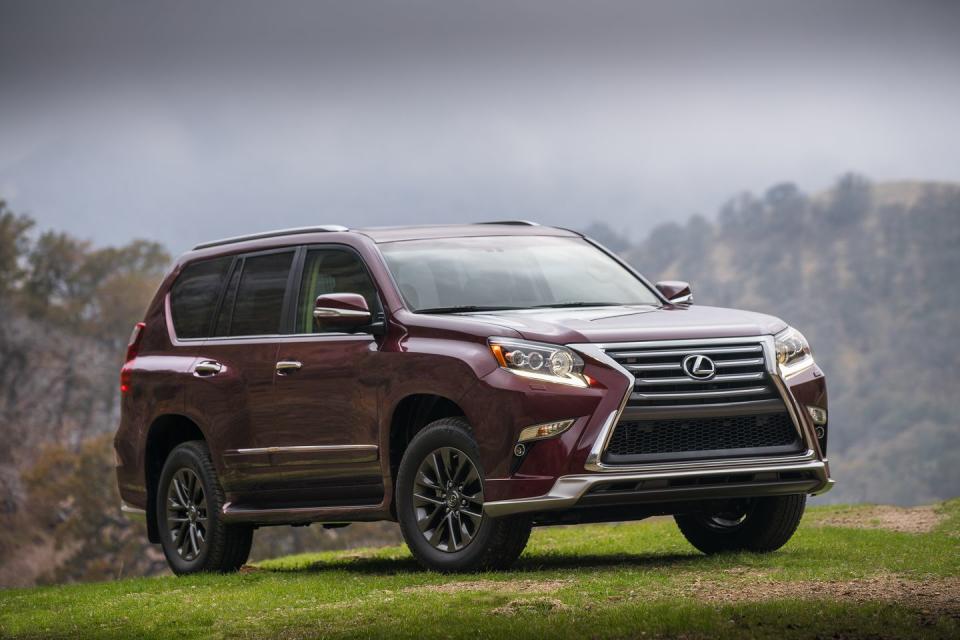Here's What the Demise of 3G Means for Car Owners

As 3G cellular networks shut down, remote start features and optional connectivity services are disconnected across the manufacturer spectrum.
While some companies like Subaru have retrofitted more modern 4G technology, other manufacturers like Lexus have decided against updating potentially tens of thousands of models.
Models as new as 2018 have lost the ability to remotely lock, automatically call emergency services in an accident, and track the vehicle in the event of theft, frustrating customers who haven't been offered a fix.
Relatively modern cars are suddenly losing connectivity and safety systems, and the demise of 3G cellular networks is to blame. As mobile phone networks have advanced to 4G and now 5G technology, eliminating 3G networks has become a priority for these companies. But, as carriers make room for more advanced network services, a large number of late-model cars from as recent as 2018 won't have access to features like remote locking and automatic collision notifications. And just about every manufacturer has felt the effects of this shift, from GM to Mazda and Porsche.
Companies like Lexus, however, say there isn't a fix. In a service bulletin provided last week, Lexus reminded US owners of 2010-2018 models that its Lexus Enform subscription services would be terminated on Oct. 31, noting that there is no network update or fix available. Though navigation services will remain functional, the company said the automated collision notification, enhanced roadside assistance, and stolen vehicle tracker systems will not work. The only Lexus model to remain unscathed is its base model 2016-2017 CT200h, meaning potentially tens of thousands of models could be affected by this.

This has left Lexus customers frustrated, especially those with 2018 models. But there are solutions. Manufacturers like BMW and Subaru provided similar bulletins to their customers as the impending 3G shutdown loomed, eventually retrofitting certain models with updated software. The provider that BMW and Subaru used was set to phase out 3G technology earlier this year, and the manufacturers provided as many complimentary updates to as many models as possible. Even then, BMW owners have complained that some dealerships are charging high prices or claiming it's impossible to update the models with 4G service, meaning it's not just Lexus that is having issues.
Ultimately, manufacturers can't be held responsible for the shifting of cellular technology. The kind of Starlink-style features and remote access capabilities that are going extinct as a result of this 3G retirement were modern when introduced. And while it's fair to say advanced cellular networks are always on the horizon, manufacturers can't necessarily predicate when these advancements will occur. This story is not uncommon for the automotive industry, with once-fresh technology commonly being phased out in as little as five years, and new models have made strides to avoid reliance on mobile networks.
That still leaves the owners of these vehicles—people who paid money for high-tech, luxury features—without a real solution. And the pain doesn't stop there, seeing as the disconnection of certain remote features is sure to further devalue these used models. To soften the blow, Lexus is refunding the costs of its connectivity subscriptions, a cheaper option than retrofitting potentially tens of thousands of cars for 4G capability. And manufacturers across the globe are taking this as a lesson in over-reliance on wireless systems, especially for essential parts like key fobs, though these sorts of sunsetting technologies will continue to plague late-model cars for years to come.

 Yahoo Autos
Yahoo Autos 